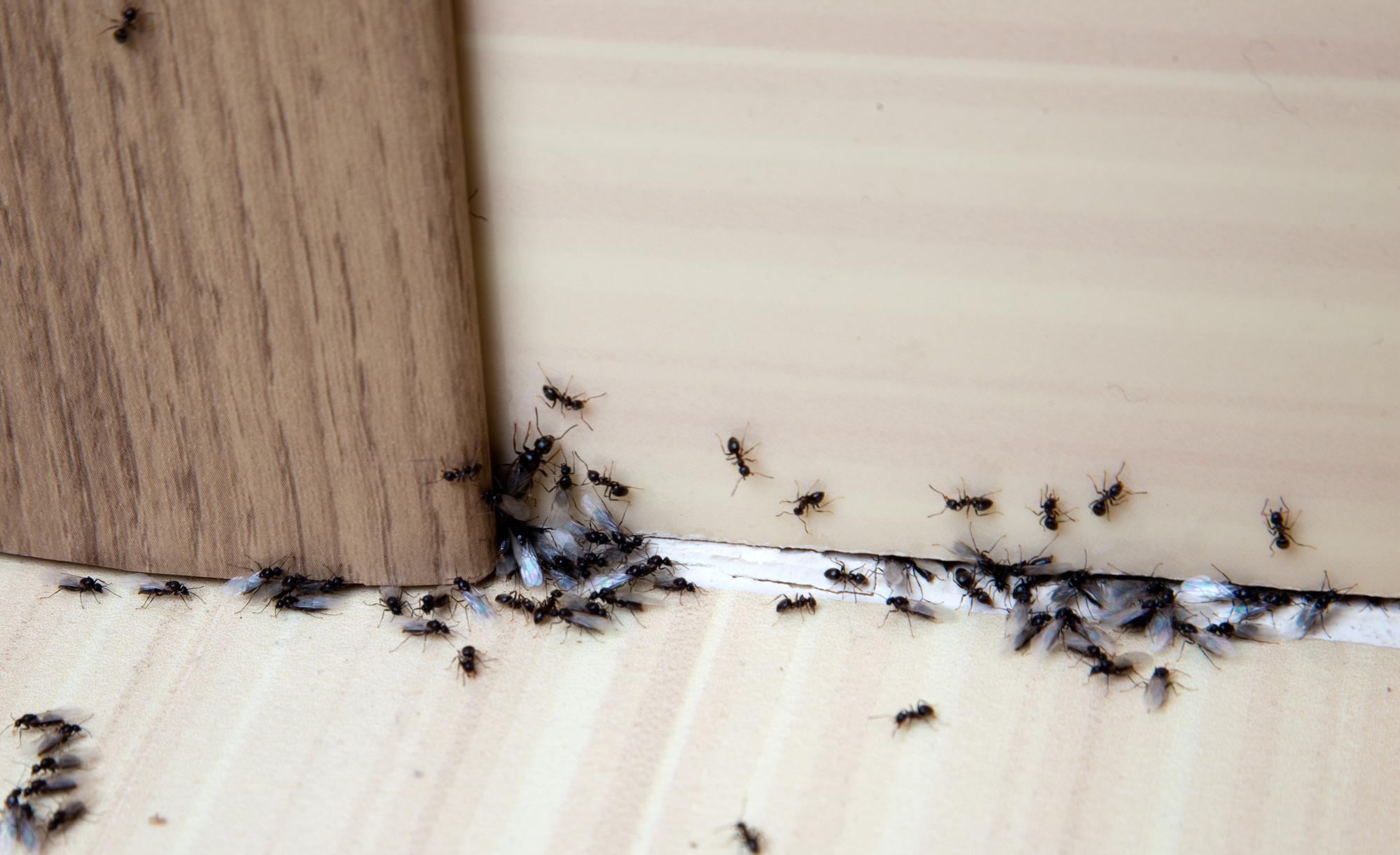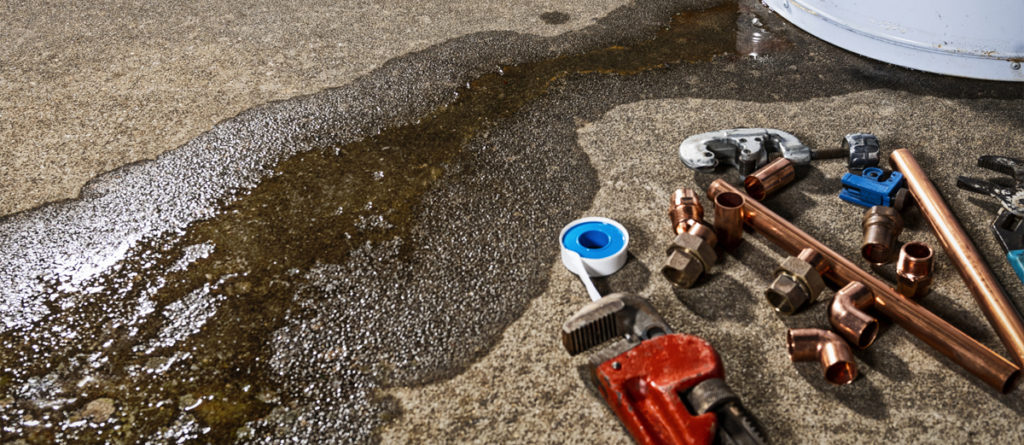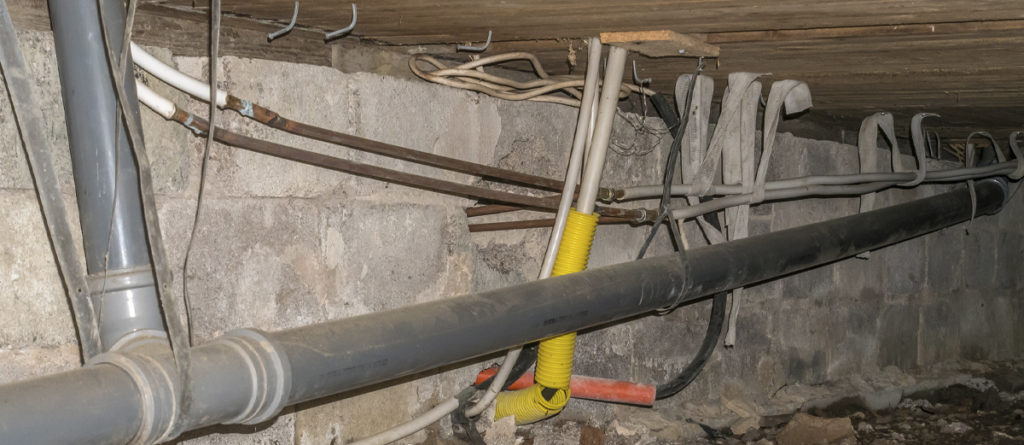Part of being a homeowner, especially in a suburban neighborhood, is making sure that you are a respectful part of the community. This includes maintaining your property in a way that won’t affect your neighbors. Many homeowner’s associations (HOA) are dedicated to solving these problems, however, not every neighborhood has an HOA, and not every homeowner wants to belong to these associations. However, living in an HOA-free area doesn’t mean you’re free from your responsibilities as a homeowner.
Becoming a homeowner comes with lots of responsibilities, both inside and outside of the home. You may not realize it, but many of these responsibilities, if neglected, can affect your neighbors, and in some cases, your entire neighborhood. This is why it’s important to keep your property managed, not just for aesthetics, but for the well-being of yourself and others around you.



